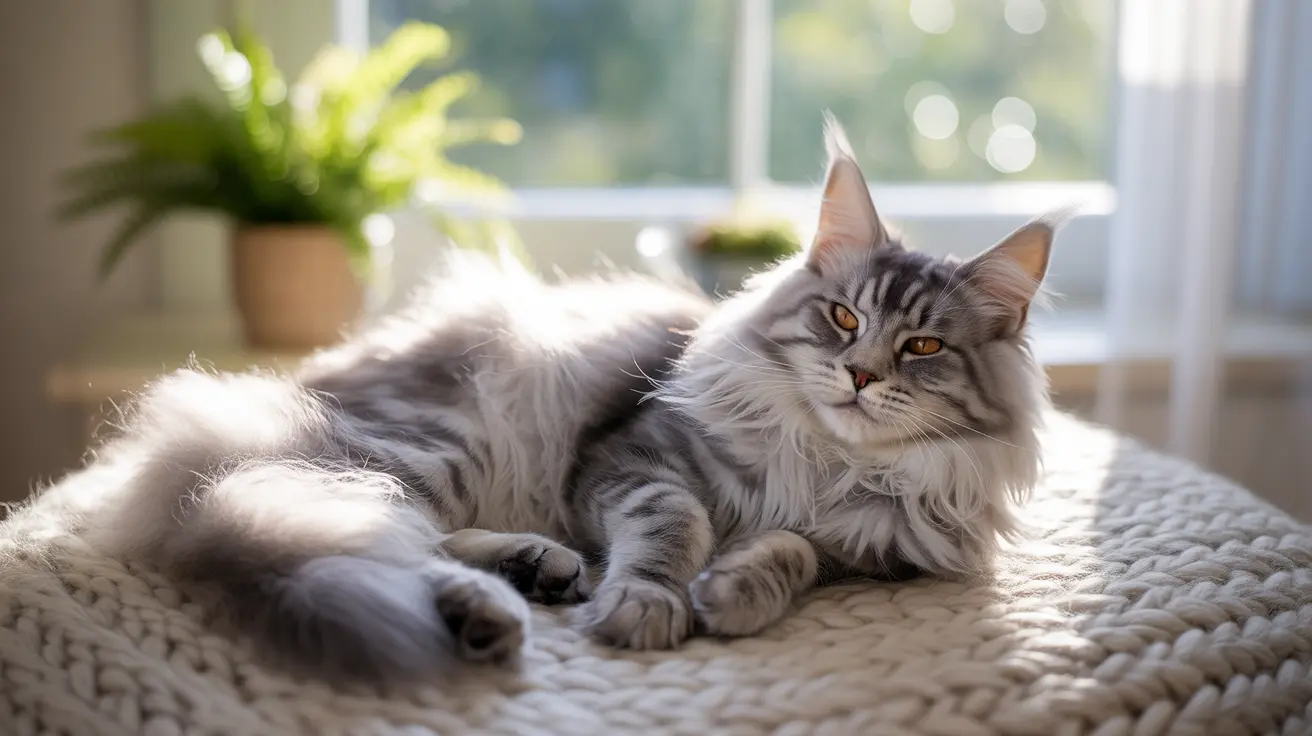As winter approaches, many pet owners notice their cats sleeping more and becoming less active, leading them to wonder if cats hibernate like some other animals. The simple answer is no - cats do not hibernate. However, they do exhibit interesting behavioral changes during colder months that are worth understanding.
Let's explore why cats don't hibernate, how their winter behavior differs from true hibernation, and what changes you might notice in your feline friend during the colder seasons.
Understanding True Hibernation vs. Cat Behavior
Hibernation is a complex biological process where animals enter a state of deep sleep, characterized by dramatically reduced body temperature, heart rate, and metabolism. Bears, groundhogs, and some smaller mammals use this survival strategy to conserve energy during harsh winter months when food is scarce.
Cats, however, maintain their normal biological functions year-round. While they may sleep more during winter, they remain capable of quick responses and maintain regular body temperature, unlike truly hibernating animals.
Why Cats Sleep More in Winter
During colder months, cats typically display increased sleeping behavior for several reasons:
- Evolutionary instinct to conserve energy
- Response to shorter daylight hours
- Natural reaction to colder temperatures
- Reduced outdoor activity (especially in outdoor cats)
This increased sleep isn't hibernation but rather an adaptive behavior that helps cats maintain their energy levels during less favorable conditions.
Normal Cat Sleep Patterns Throughout the Year
Healthy adult cats naturally sleep between 12-16 hours daily, regardless of season. This sleep pattern is polyphasic, meaning cats take multiple short naps throughout the day rather than one long sleep period.
During winter months, you might notice:
- More frequent napping
- Longer sleep sessions
- Preference for warm sleeping spots
- Slight changes in activity patterns
Supporting Your Cat During Winter Months
While cats don't hibernate, you can help them stay comfortable during colder weather by:
- Providing warm, cozy sleeping spots
- Maintaining regular feeding schedules
- Ensuring adequate indoor exercise
- Creating engaging indoor activities
- Monitoring their behavior for any concerning changes
Frequently Asked Questions
Do cats actually hibernate during winter or do they just sleep more?
Cats do not hibernate. They simply sleep more during winter months as a natural response to colder temperatures and shorter days, but maintain normal body temperature and can easily wake and become active.
Why do cats sleep longer and rest more when the weather gets colder?
Cats sleep more in cold weather to conserve energy and stay warm. This is an instinctive behavior that helps them maintain body heat and adapt to less favorable conditions.
Can cats enter torpor like some wild animals in response to cold or scarcity of food?
While feral cats might experience mild torpor-like states in extreme conditions, domestic cats rarely enter torpor. Their regulated indoor environment and regular feeding schedule eliminate the need for such survival mechanisms.
How can I tell if my cat's increased sleeping is normal winter behavior or a sign of illness?
Normal winter sleeping behavior shouldn't affect your cat's responsiveness or appetite. If your cat becomes difficult to wake, shows disinterest in food, or displays unusual lethargy, consult a veterinarian.
What can I do to keep my cat comfortable and active during the colder months?
Provide warm sleeping areas, maintain regular play sessions, ensure access to sunny windows, and keep your home at a comfortable temperature. Interactive toys and climbing structures can help maintain activity levels during indoor-heavy winter months.
Remember, while cats may become less active during winter, they should still maintain regular eating habits and respond normally to interaction. Any dramatic changes in behavior should be evaluated by a veterinary professional.






